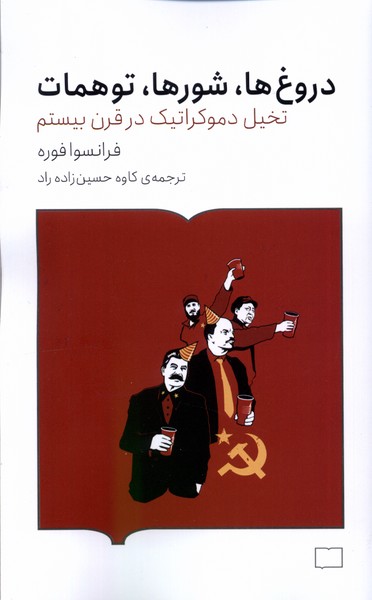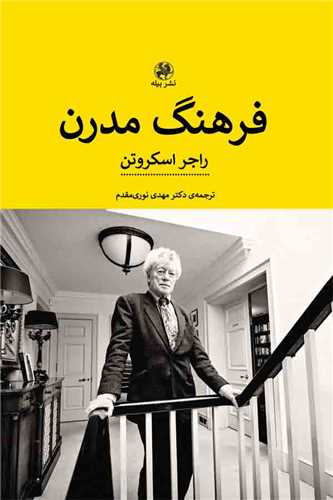کمرهای خم شده فارسی 1402
Kamar'hā-yi Kham Shudah
208 SEK
اشتراکگذاری
Wishlist
شابک:
9786227620702
مترجم:
Kāvah Ḥusayn'zādah Rād
ناشر:
Pileh
گروه سنی:
بزرگسال
صفحات:
349
وزن:
300 g
ابعاد:
14 x 21 x 3٫2 cm
جلد کتاب:
کتابهای مقوایی
Why do totalitarian propaganda such as those created in Nazi Germany and the former German Democratic Republic initially succeed, and why do they ultimately fail? Outside observers often make two serious mistakes when they interpret the propaganda of this time. First, they assume the propaganda worked largely. They were supported by a police state, that people cheered Hitler and Honecker because they feared the consequences of not doing so. Second, they assume that propaganda succeeded in persuading most of the citizenry that the Nuremberg rallies were a reflection of how most Germans thought, or that most East Germans were convinced Marxist-Leninists. Subsequently, World War II Allies feared that rooting out Nazism would be a very difficult task. No leading scholar or politician in the West expected East Germany to collapse nearly as rapidly as it did. Effective propaganda depends on a full range of persuasive methods, from the gentlest suggestion to overt violence, which the dictatorships of the twentieth century understood well.
In many ways, modern totalitarian movements present religious worldviews. Nazism and Marxism-Leninism presented themselves as explanations for all of life—culture, morality, science, history, and recreation. They provided people with reasons for accepting the status quo. Bending Spines examines the full range of persuasive techniques used by Nazi Germany and the German Democratic Republic, and concludes that both systems failed in part because they expected more of their propaganda than it was able to deliver.
more
هر دو نظام ناسیونال سوسیالیست و جمهوری دموکراتیک آلمان پروپاگاندا را به تمامی حوزه های زندگی عمومی گسترش دادند. از رهگذر یک سیستم جامع با استفاده از هویج و چماق کمر به تدریج خم می شود برای خم کردن کمر نیازی به ترس از زندان یا سایر مجازات های فجیع نیست. به قول هاول در سال 1975: «ارزش مطلق یک تهدید به اندازه ارزش نسبی آن اهمیت ندارد به اندازه چیزی که کسی به طور عینی از دست می دهد واجد اهمیت نیست بلکه اهمیت ذهنی آن برای او در عرصه ای است که در آن زندگی می کند و با مقیاس ارزش های خودش سنجیده
می شود... همه چیزهایی برای از دست دادن دارند و بنابراین دلایلی برای ترسیدن نگرش ها معمولاً بلافاصله تغییر نمی کنند بلکه گام به گام دستخوش تغییر می شوند. برداشتن یک قدم قدم بعدی را آسان تر می کند و بازگشت به عقب را دشوار هر بار که فردی تسلیم فشار می شود هر بار که پشتش کمی بیشتر خم می شود برداشتن گام بعدی آسان تر می شود اعتراف به آنچه اتفاق می افتد از نظر روانی ناراحت کننده است لذا مردم عادی این کار را نمی کنند.
more



















